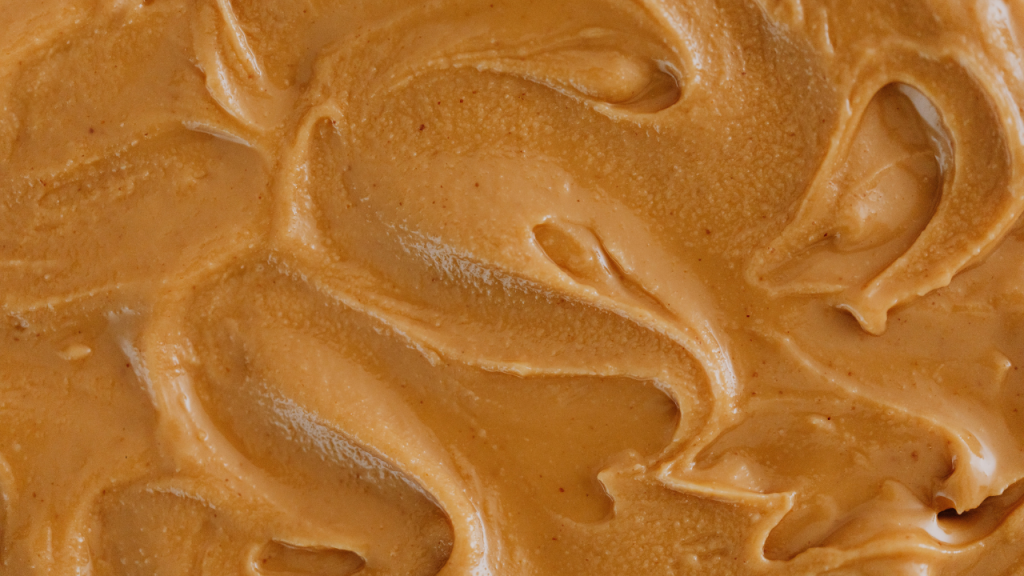The health benefits of eating peanut butter
Peanut butter is not just a delicious spread for your morning toast or a tasty addition to your sandwich. It’s also a nutritional powerhouse that can contribute to your overall well-being when consumed daily.
Let us explore the health benefits by Medical News Today of eating peanut butter daily and why you should consider adding this nutty delight to your regular diet.
Rich source of nutrients
Peanut butter is packed with essential nutrients that your body needs to function optimally. It’s an excellent source of protein, healthy fats, and dietary fiber. A two-tablespoon serving of peanut butter contains around 8 grams of protein, which can help repair and build tissues in your body. Additionally, it provides vitamins and minerals like vitamin E, magnesium, potassium, and phosphorus, all of which are vital for various bodily functions.
Heart-healthy fats
Contrary to what you might think, the fat in peanut butter is mostly monounsaturated and polyunsaturated fats, which are considered heart-healthy. These fats can help reduce the risk of heart disease by lowering levels of bad LDL cholesterol in your blood. They also contain oleic acid, the same type of fat found in olive oil, which has been linked to improved heart health.

Pexels
Weight management
Including peanut butter in your daily diet can be beneficial for weight management. The combination of protein and healthy fats in peanut butter helps keep you feeling full and satisfied, reducing the likelihood of unhealthy snacking between meals. This can make it easier to control your calorie intake and maintain a healthy weight.
Bone health
Peanut butter contains essential nutrients like magnesium, phosphorus, and calcium, all of which are crucial for maintaining strong and healthy bones. Calcium is especially important for bone health, and combining peanut butter with calcium-rich foods like dairy products or fortified plant-based milk can contribute to better bone density.
Blood sugar control
Despite being a carbohydrate-rich food, peanut butter has a low glycemic index, meaning it has a minimal impact on blood sugar levels when consumed in moderation. The combination of healthy fats, protein, and fiber in peanut butter can help stabilise blood sugar levels and reduce the risk of type 2 diabetes.
ALSO SEE: Home-made peanut butter
Written by Unathi Balele for Bona.
Feature image: Pexels

